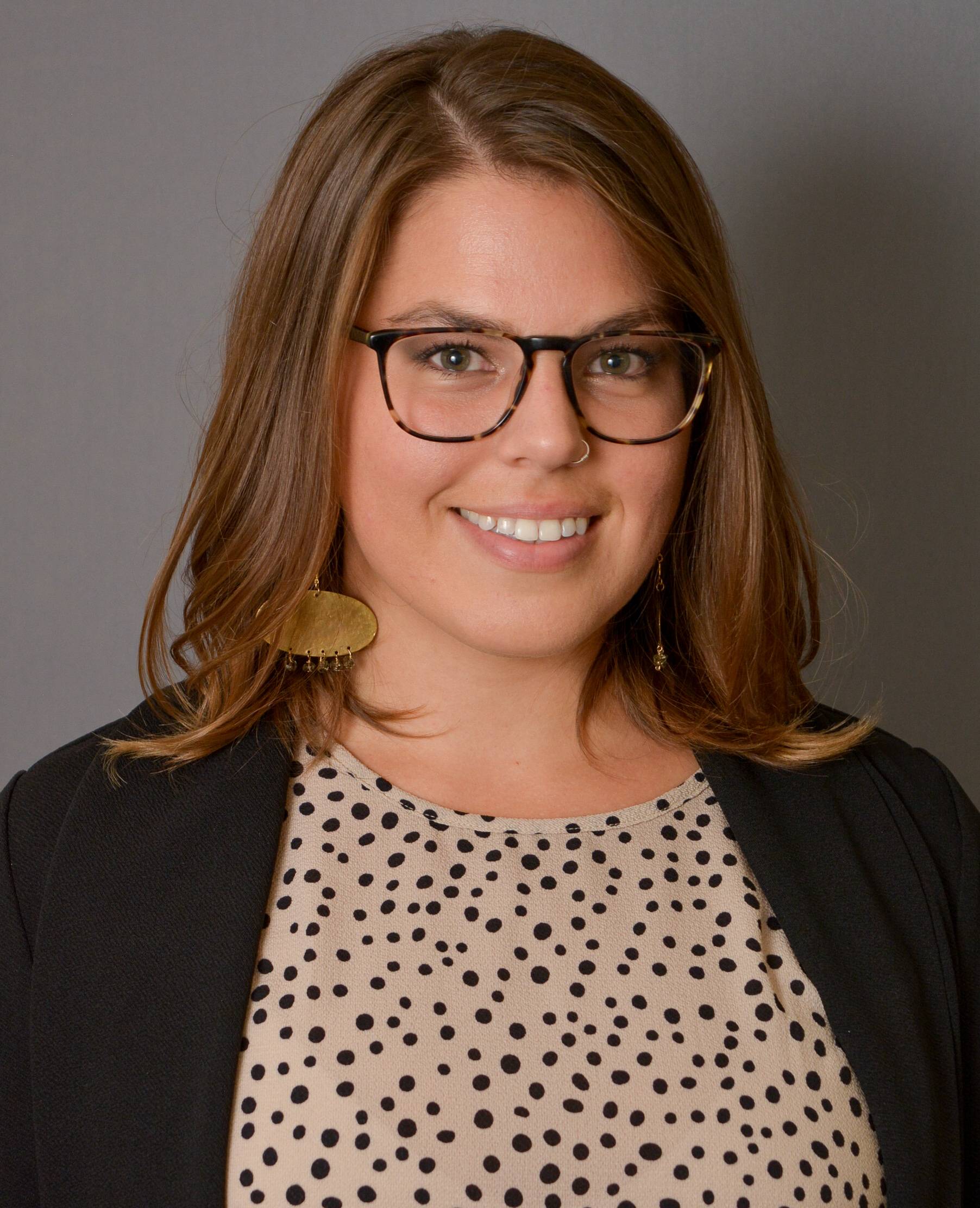Cournety Siegert Selected as an NIJ Graduate Research Fellow

The Graduate College is pleased to announce that Courtney Siegert was selected as an awardee in the 2019 National Institute of Justice (NIJ) Graduate Research Fellowship in Science, Technology, Engineering, and Mathematics (GRF-STEM) program competition. The NIJ GRF-STEM supports outstanding doctoral students engaged in research in topic areas that are relevant to preventing and controlling crime and ensuring the fair and impartial administration of criminal justice in the United States. Fellows receive up to $50,000 per year, with up to three years of support, for a maximum total award of $150,000. Each award year includes a $35,000 stipend and up to $15,000 for tuition and fees and research-related expenses. NIJ received approximately 150 applications last year across both the STEM and Social and Behavioral Sciences (SBS) tracks and selected only 24 Graduate Research Fellows nationally. Of the 14 GRF-STEM awardees in 2019, two are from Texas State: Courtney and Devora Gleiber. These students are also Texas State’s first Graduate Research Fellows.
Courtney is a doctoral student in applied anthropology with a focus on biological anthropology. She earned a Bachelor of Arts in anthropology from The University of Texas at Austin, with a focus in archaeology and a minor in history. She earned a Master of Arts from Texas State University in anthropology with a focus in biological anthropology. In addition to the NIJ award, Courtney was selected this year as the Outstanding Doctoral Student for the College of Liberal Arts, and she recently won a travel grant from the Forensic Science Foundation to support the cost of attendance at the 72nd annual meeting of the American Academy of Forensic Sciences.
Courtney’s academic career in anthropology began unexpectedly by fulfilling the humanities requirement for her undergraduate degree. Having started as a biology major – motivated by a then nascent interest in evolutionary theory – she enrolled in an introductory course in historical archaeology. One class session featured a guest speaker who discussed the excavation of La Salle's La Belle in Matagorda Bay, which inspired her to switch majors from biology to anthropology. In another course, “Anthropological Genetics and Human Variation,” Courtney discovered that the subdiscipline of biological anthropology incorporates evolutionary theory within an anthropological framework. Finding her two primary interests married in a single discipline, a clear path emerged.
Courtney’s dissertation research, supervised by Dr. Kate Spradley, aims to develop new analytical forensic tools to improve the identification of individuals considered to be Hispanic – a population with high rates of misclassification due to insufficient biological and physiological reference data. She is currently a Doctoral Research Assistant for the Operation Identification (OpID) service-learning project in the Forensic Anthropology Center at Texas State (FACTS). The project's mission is to facilitate the location, identification, and repatriation of unidentified migrants who die crossing the US-Mexico border in Texas. In addition to skeletal analysis and case management, she coordinates seasonal fieldwork and helps manage project mapping through GIS. Through this work, Courtney has discovered a deep significance in applying forensic science research to missing persons investigations, and she recognizes that this meaningful work is, at its heart, community service, providing closure and support to the bereaved.
The NIJ application process is complex, and Courtney solicited assistance from an expert team to navigate the requirements and prepare a competitive application. The team included her advisor, departmental faculty and colleagues, and Dr. Andrea Hilkovitz, external funding coordinator in The Graduate College. Dr. Hilkovitz not only helped advise Courtney’s application materials, she also served as a liaison with the Office of Research and Sponsored Programs (ORSP) during the drafting and submission process. Though the process was complex, Courtney reflects that the process helped her learn “grant proposal language. It was a really eye-opening experience. The writing process was a process of discovery for me.”
Courtney advises all applicants to start their applications early, adding “even though you are going to be stressed and sleep-deprived, you can only be awarded things that you actually apply for, and the stress is worth it!” However, she believes even unsuccessful funding applications are worthy endeavors, especially for graduate students, because the process of discovery inherent in the funding application process leads to improved dissertation/thesis research and future grant submissions.
Courtney emphasizes that this application would not have been successful without the continued support of her family, colleagues, and friends. The Graduate College congratulates Courtney for this remarkable accomplishment.